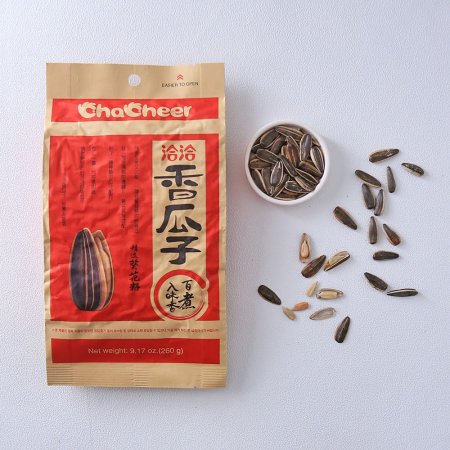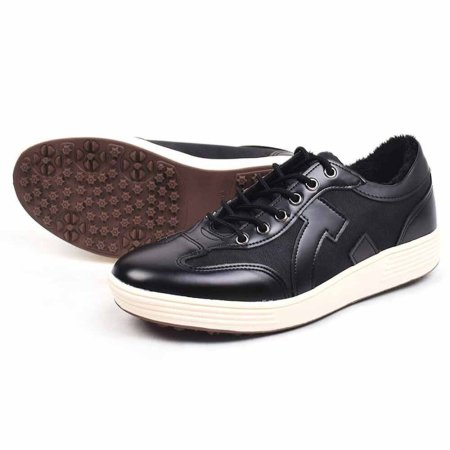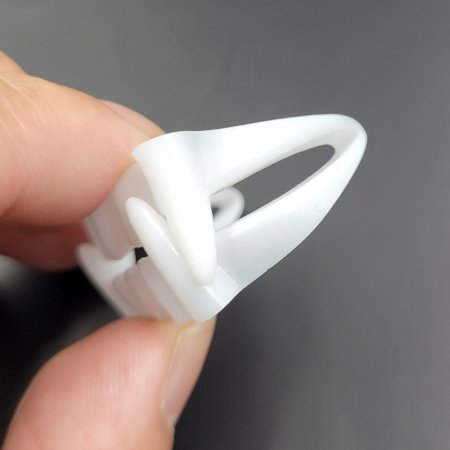Indian defence and security forces procure passive exoskeletons
Indian Army soldiers wearing a combination of Newndra's JaipurBelt and ArmMax exoskeletons while carrying ammunition and other load. (Newndra Innovations)
The Indian military has procured passive exoskeletons to support logistics and potentially combat operations, it has been confirmed to Janes.
The company that developed the exoskeletons – Newndra Innovations in Rajasthan – has provided two types of exoskeletons to the Indian Army, Indian Air Force (IAF), and the National Disaster Response Force (NDRF) in the past few months.
Ganesh Ram Jangir, CEO of Newndra Innovations, told Janes in early March that the exoskeleton products, named JaipurBelt and ArmMax, “help to increase the productivity and endurance of soldiers while also reducing the risk of musculoskeletal injuries”.
“[The] JaipurBelt provides support to a soldier's back and spine while [the] ArmMax can support [the] back, spine, and arms,” Jangir added.
These exoskeletons can augment a soldier's capacity to carry weight by about 5 to 35 kg, depending on the requirement, he said.
“Our exoskeletons are self-powered, meaning they do not require any kind of batteries, motors, or other external power sources. We have developed a hinge mechanism, which consists of hydraulics and springs that conserve the gravitational potential energy when somebody bends down. This mechanism is applicable to [the] arms, knees, and back, and the energy conserved is used to support the user when the user is carrying anything heavy or doing strenuous activities,” Jangir added.
The JaipurBelt and ArmMax exoskeletons have a weight of around 1.8 kg and a shelf life of three to five years, Jangir said. He added that the exoskeletons are used by defence and security personnel while handling heavy ammunition, loading and unloading, and carrying weight for long distances, among other applications.
Janes






























































